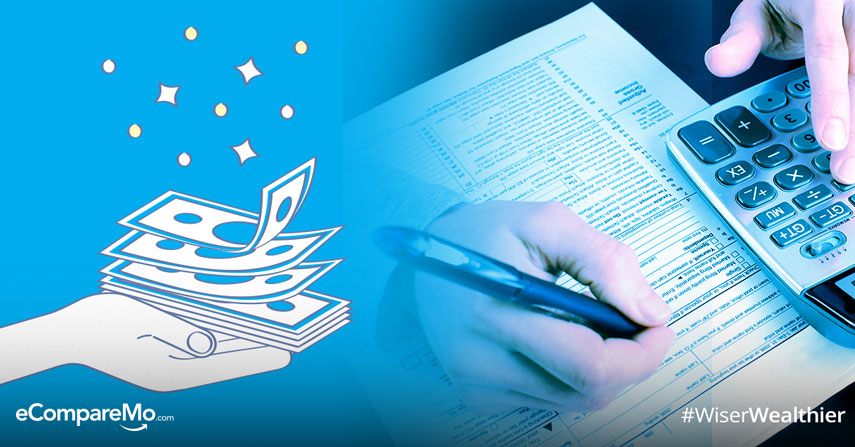We Answer Your Frequently Asked Questions About Tax Refunds In The Philippines
3 min readIt’s that time of the year again when the income tax refund is due. Are you aware of this Bureau of Internal Revenue (BIR) payout? Most importantly, are you eligible to receive one?

We’re answering the frequently asked questions about tax refund in the Philippines. See if you’re due to receive a refund this year and learn how the BIR computes for tax refunds.
What is an Income Tax Refund?
It is an annual payback to employees who have paid excess taxes during the BIR fiscal year. The amount of the income tax refund is based on the employees’ annual gross income. It is shown on the Certificate of Compensation Payment/Income Tax Withheld (or BIR Form 2316).
Since employers are the ones withholding the taxes, they are responsible for processing and adjusting their eligible employees’ salaries accordingly.
The previous year’s taxes are computed, and the employers give back the refunds to employees by crediting the money back to their monthly salary.
When is the tax refund released?
The employers are required to give the tax refunds due to their employees no later than January 25 of the present year. Employees will then be given the BIR Form 2316 showing the employee’s tax payments from the last BIR fiscal year.
Employers who fail or refuse to release the excess withholding tax to their employees will be subject to penalty under the law. Under section 255 of the National Internal Revenue Code, penalties include “a fine of not less than Ten Thousand Pesos (P 10,000) and suffer imprisonment of not less than one (1) year but not more than ten (10) years.â€
Who are eligible for the BIR tax refund?
The tax refund applies to the following employees or individuals:
- Newly employed and have not completed an entire year working with the same company
- Change in tax salary bracket due to unpaid leaves or absences
- Resigned from the company
- Adjustments in taxation due to change in employee tax status
The above reasons are not limited. Generally, tax refunds are provided for employees who had adjustments to their taxable income.
How is the income tax refund computed?
Employers calculate the income tax based on the employee’s BIR tax bracket. If you want to know your individual calculation, you may approach your human resource officer or accounting office for more details.
Resigned employees also have the same calculation as regular employees. The release of their income tax refund, however, is usually at the same time as their separation pay release date.
This is a sample computation of an employee with a changed tax status:
| January – June | July – December | Year to Date | Annualization | |
|---|---|---|---|---|
| M | M1 | Total | ||
| Basic Salary | P20,000.00 | P20,000.00 | P240,000.00 | P240,000.00 |
| SSS | P581.30 | P581.30 | P6,975.60 | P6,975.60 |
| PhilHealth | P275.00 | P275.00 | P3,300.00 | P3,300.00 |
| Pag-IBIG | P100.00 | P100.00 | P1,200.00 | P1,200.00 |
| Personal Exemption | P50,000.00 | |||
| Additional Exemption | P25,000.00 | |||
| Taxable Salary | P19,043.70 | P19,043.70 | P228,524.40 | P153,524.40 |
| Tax Due | P2,677.59 | P2,156.76 | P29,006.10 | P25,881.10 |
| Tax Refund | P3,125.00 |
What are the different methods employers can return the income tax refund to employees?
Employees may receive their income tax refund through the following:
- Lump sum – usually for resigned employees
- Tax credit – employers deduct the amount of tax refund from the amount of tax due
- Example: Tax due for one month: P800 and Total tax refund amount: P500
P800 – P500 = P300 – your tax payable for one month
There are also employees who will have zero (0) tax due/withheld for one month. This means eligible employees should have more take-home pay in the income tax refund period.
(Read: Tax Reform 2018: When Can You Expect The Change To Happen)
Do individuals need to apply for their own tax refund?
Not for employees. The employers are responsible for computing the tax refund and returning the excess taxes to eligible employees on time and accurately, as mandated by law.
Self-employed individuals will need to file their BIR Form 1701 – Annual Income Tax Return (For Self-Employed Individuals, Estates, and Trusts Including Those With Both Business and Compensation Income), and process their own tax refund due at the nearest BIR office.
